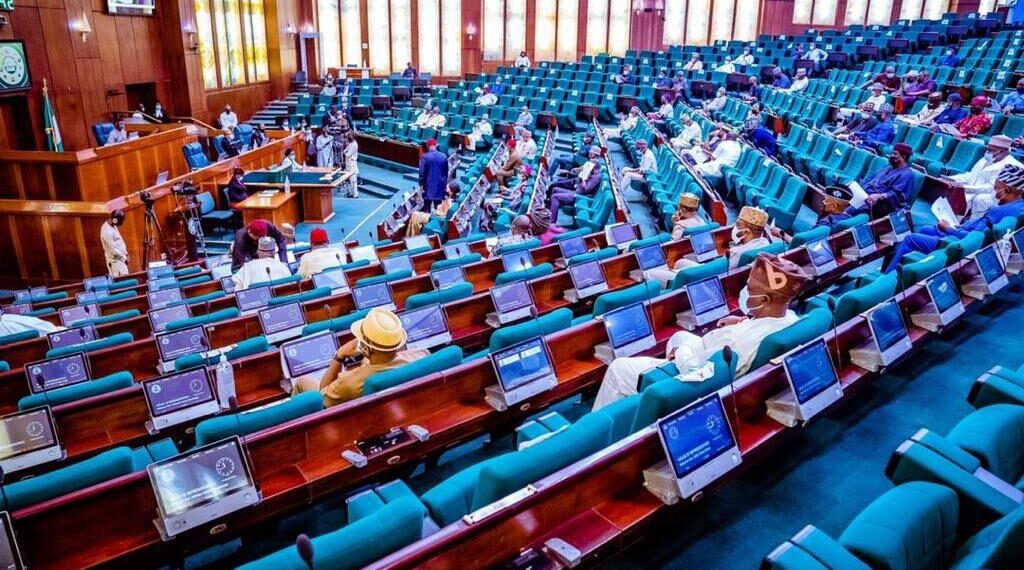Following the growing concerns that Tertiary Institutions might increase tuition fees on the heels of the recently passed Students Loan Act, the House of Representatives has warned against such a move.
It also resolved to convene a legislative summit on student loans and access to higher education with all stakeholders in the education sector. The resolution followed the consideration of a motion moved at plenary by Terseer Ugbor, the member representing the Kwande/Ushongo federal constituency of Benue State.
Presenting the motion, Ugbor said the aim of the act was to enable students to borrow to fund their education, away from the traditional parental provision. He said: “The use of students loans and educational credit schemes in most countries of the world is often justified on the grounds that it guarantees greater access to higher education for the less privileged citizens
According to Ugbor, “It is further predicated on the notion that education is an investment in human capital, which in turn promote individual development, economic growth and national productivity.
“After several years of unsuccessful attempts by successive administrations to introduce students loans, scholarships and other educational credit schemes, the 9th National Assembly passed the Students Loans (Access to Higher Education) Bill, 2023, which was recently signed into law by the President to provide the legal and institutional framework for implementation of a Students Loan Scheme in the country.
“While the objectives and intendment of the Students Loans (Access to Higher Education) Act, 2023 are patriotic and would impact positive access to higher education in Nigeria, especially among underprivileged citizens, there are several critical omissions and identifiable bottlenecks that would stultify or frustrate the successful implementation of the Act if immediate further legislative action is not taken. to ensure its efficient implementation.
The intendment of the Students Loans (Access to Higher Education) Act, 2023 is highly commendable and its enactment has been well received by a large segment of the general public, particularly Nigerian youths. The identified and observable lapses have the potential to frustrate its smooth implementation for the overall benefit of Nigerian students.








More Stories
Teenager in viral photo of Obi’s 2023 presidential campaign rally, Alabi Quadri languishes in jail
Ribadu tells families of kidnapped victims not to pay any ransom
Ndume tackles Tinubu over massive borrowings, lists ‘spurious’ items